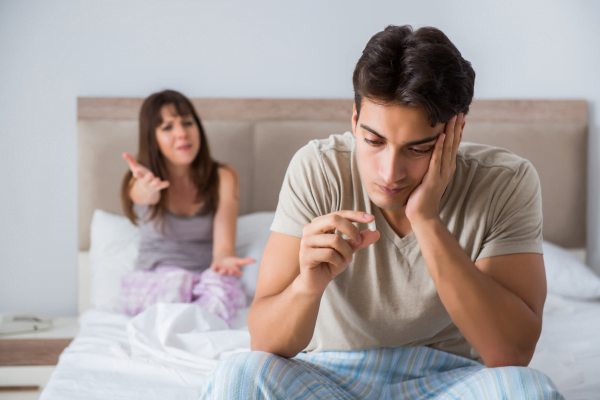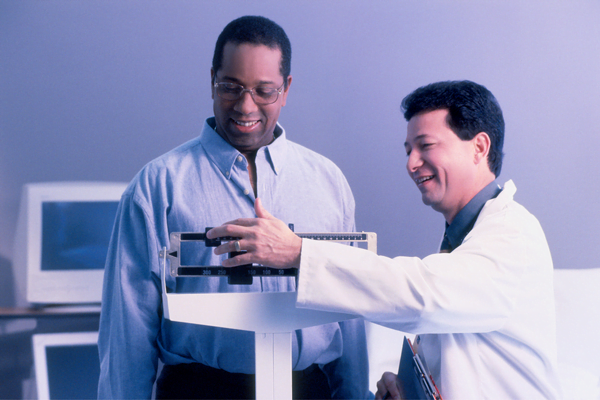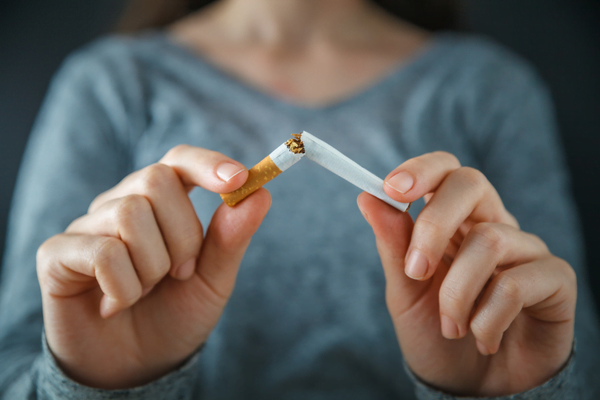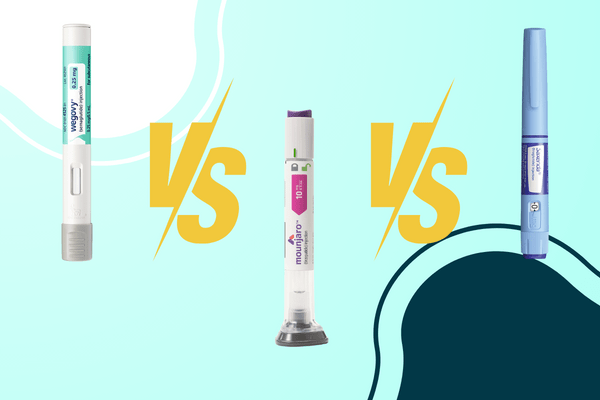Understanding and Addressing Erectile Dysfunction, Premature Ejaculation, and Low Libido
Introduction
Regarding men’s health, sexual function is an essential component of overall wellness. On the other hand, a lot of men experience low libido (LL), Premature Ejaculation (PE), and Erectile Dysfunction (ED). These ailments may significantly affect a man’s relationships, confidence, self-esteem, and relationships.
Erectile Dysfunction
Erectile dysfunction, often referred to as ED, is the inability to achieve or maintain an erection sufficient for satisfactory sexual intercourse. It is a prevalent ailment that impacts approximately 10 to 20 percent of males globally. As people age, ED becomes more common; more than half of males over 50 have ED.
Physical Causes of ED
- An erection may be difficult to obtain due to blood flow restrictions to the penis caused by vascular disease such as atherosclerosis.
- Diabetes and multiple sclerosis are two neurological conditions that might harm the nerves in charge of erection control.
- An additional factor contributing to ED may be hormonal abnormalities, including low testosterone levels.
- Sexual function may be impacted by the negative effects of some drugs, including blood pressure and antidepressants.
Psychological Causes of ED
- Anxiety and stress can have a big impact on sexual
- An eating disorder can be triggered by performance anxiety, or the dread of not performing well enough during sexual performance.
- ED may also be influenced by traumatic or abusive past sexual experiences.
Lifestyle Causes of ED
- Smoking damages the blood vessels and lowers blood flow, which makes getting an erection harder.
- Overindulgence in alcohol might worsen sexual performance and exacerbate ED.
- Drug use, especially recreational drug use, may negatively affect one’s ability to conceive.
- The risk of ED can be raised by obesity and inactivity.
Premature Ejaculation
Premature ejaculation (PE) is the term used to describe uncontrollably ejaculating too soon, usually within a minute of penetration. It is a common sexual disorder that affects between 25% and 40% of men globally.
Physical Causes of PE
- PE can result from an excessive ejaculatory reflex.
- PE can be exacerbated by a number of medical disorders, including inflammation of the prostate and thyroid issues.
- A number of drugs, including antidepressants and antihistamines, can cause adverse effects that impair the ability to control ejaculation.
Psychological Causes of PE
- Anxiety and stress can have a major effect on ejaculation control and sexual performance.
- PE can become a vicious cycle as a result of performance anxiety, which is the dread of not being able to endure long enough.
- PE may be influenced by prior sexual experiences, such as being sexualized at a young age or being taught that ejaculation should happen fast.
Lifestyle Causes of PE
- Drug usage, especially recreational drug use, might affect one’s ability to control ejaculation.
- Sleep deprivation may be a factor in PE.
- Ejaculatory control and sexual function can also be impacted by chronic discomfort.
Low Libido
A lack of desire for sexual activity is referred to as low libido, or diminished sex drive. It may show up as a decrease in desire to initiate or partake in sexual activity. One regular complaint from both genders, low libido is thought to impact 10% to 20% of males globally.
Physical Causes of Low Libido
- Unbalanced hormone levels, especially low testosterone, can have a big effect on sex drive.
- Low libido can also be a result of medical disorders like melancholic depression, exhaustion, and chronic pain.
- Drugs that influence sexual desire, such antipsychotics and antidepressants, can have adverse effects
Psychological Causes of Low Libido
- Anxiety, depression, and stress can have a big impact on motivation and desire for sexual activity.
- Low libido can also be caused by relationship problems like emotional distance, communication breakdowns, and conflict.
- Sexual trauma or abuse from the past might have a negative effect on one’s desire for sex.
Lifestyle Causes of Low Libido
- Persistent lack of sleep can impact sexual hormones and be a factor in low desire for lust.
- Use of drugs and alcohol, especially recreational drugs, can reduce one’s desire for sex.
- In addition to having an impact on general health, inactivity can also lower libido.
Figuring out the Cause
Even though ED, PE, and LL symptoms have been previously discussed, a precise diagnosis of the underlying cause or causes is essential for successful treatment. A physical examination, lab testing, and the patient’s medical history are frequently combined in this process. It is advised to seek expert assistance from a medical or mental health professional.
Tailored treatment programmes
Treating sexual dysfunction cannot be approached with a “one-size-fits-all” mentality. Each person should have a treatment plan that is unique to their requirements and circumstances, taking into account both psychological and physical aspects.
Taking care of psychological aspects sexual dysfunction can get much worse when psychological issues like stress, anxiety, and performance anxiety are present. Using mindfulness exercises, relaxation methods, and treatment can be essential for controlling these aspects of enhancing one’s sexual health.
Holistic Approach
Adequate sleep, a balanced diet, and physical activity are all components of a healthy lifestyle. Setting these priorities first can help with general health and may even boost libido.
Telemedicine
For males struggling with sexual dysfunction, discreet and easy access to professional assistance can be obtained through online consultations a Mind-Body and you can visit best of best https://www.thelondonobesityclinic.co.in/.
Therapies
Methods such as yoga, meditation, and exercise can enhance body awareness and stress reduction, which may have positive effects.
Remember
- Remind yourself that you are not alone if you are experiencing sexual dysfunction.
- It is strongly advised to seek professional assistance as it can be very beneficial in treating the underlying problems.
- To navigate sexual problems, open communication and a supportive atmosphere are essential.
- Making general health and well-being a priority can have a favourable effect on sexual function.
- It is important to get advice and consult a medical expert for a precise diagnosis and needs-specific treatment recommendations. It needs an accepting atmosphere and honest conversation to get over sexual difficulties and lead a happy, satisfying
Mugilan





